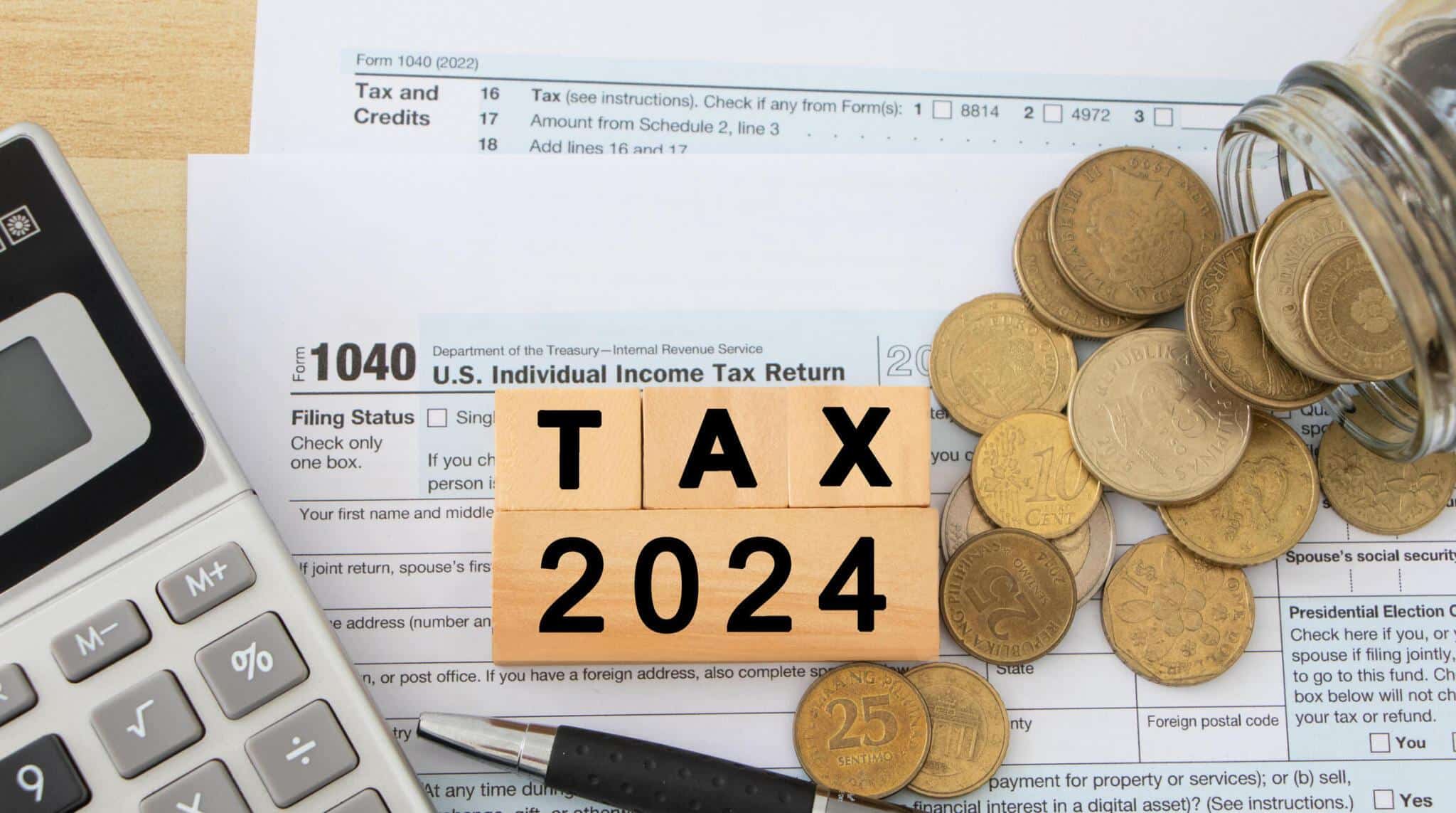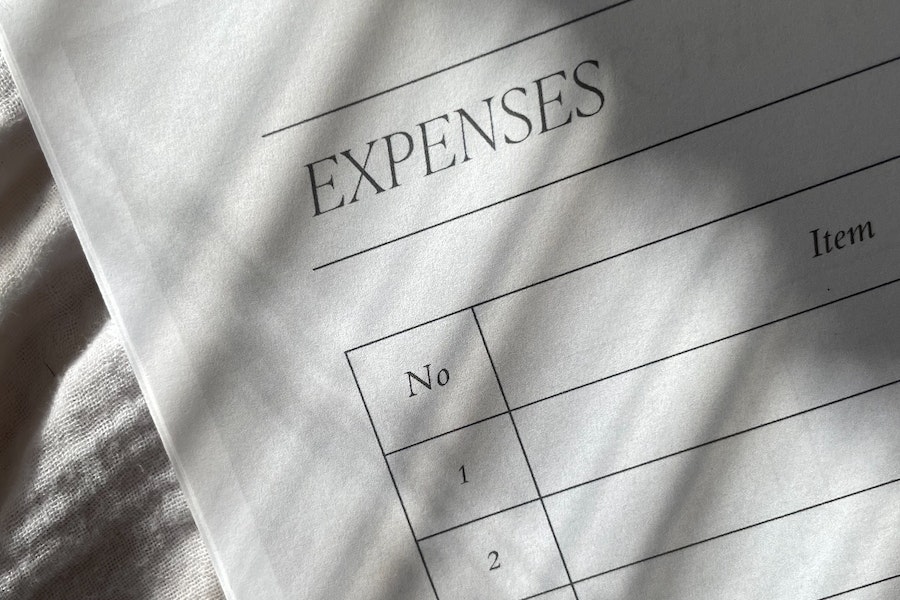The past few years have seen some major upheaval across all sectors of life, and business has been no exception. With the change of government, new industrial relations rules have come into place and there are potentially more to follow.
If you’re a business owner, these are a few reforms and potential reforms worth being aware of:
Recent industrial relations reforms in Australia
The Australian Labor Government passed its Fair Work Legislation Amendment (Secure Jobs, Better Pay) Bill at the end of 2022. This introduced a list of industrial relations laws aiming to increase wages, support job security and reduce the gender pay gap in Australia.
Changes from the bill will have varying impacts on small businesses and may require your business to update some of its policies.
Here are some of the most notable changes:
-
- fixed-term employment contracts being given a time limit
- workers having more rights to request flexible working arrangements
- pay secrecy clauses are banned
- workplace harassment and discrimination rules have been updated
- WorkChoices “zombie” agreements will be terminated
- new processes for single-enterprise bargaining agreements
- changes to multi-employer bargaining.
If you haven’t already talked to your accounting team and HR representatives about the changes and how to deal with them, now is the time.
Potential future reform to the definition of casual worker
In addition to the above changes, there have been calls to redefine the term ‘casual’ for Australian workers. The growth of the gig economy has created a huge shift in what it means to be a casual worker, and many parties believe that it is time that legislation reflects that fact.
At this point in time, a person is a casual worker if they “accept an offer for a job from an employer knowing that there is no firm advance commitment to ongoing work with an agreed pattern of work.” Advocates for casual workers say this can result in casual workers doing the same job as their full-time and part-time peers, but without the same entitlements, particularly if they end up in a routine with predictable shifts.
Employer advocate groups say it’s not a good idea to change the definition of a casual worker because it will make things more complicated for everyone. It’s a topic to keep an eye on in 2023, especially if you run a small business and have casual workers on your payroll.
ACCI calls for tax reform
In other news, the Australian Chamber of Commerce and Industry (ACCI) has recently been pushing for tax reform and funding changes, saying the upcoming May budget is time for the government to make some serious changes.
To quote directly from its pre-budget submission, the ACCI says what’s needed is “comprehensive tax reform that supports federal, state and territory budgets over the long-term while addressing distributional impacts and promoting economic growth.”
Key recommendations include:
-
- Expanding the 25 per cent tax rate to include businesses earning up to $250 million
- Greater funding for the employment services system to better assist those that are long-term unemployed
- Undertaking improvements to disability employment services
- The establishment of a trusted adviser service for small businesses, which would provide information and advice on digital opportunities as well as raising cyber security awareness
Stay in touch with your accountant
There is so much going on in the worlds of industrial relations, business and tax in Australia. To keep up with the pace of change, you need the support of a well-informed tax accounting team that has its finger on the pulse.
Connect with Mobbs & Co for support and ongoing advice today. We are based in Brisbane’s West End, in Caboolture and on the Sunshine Coast.










